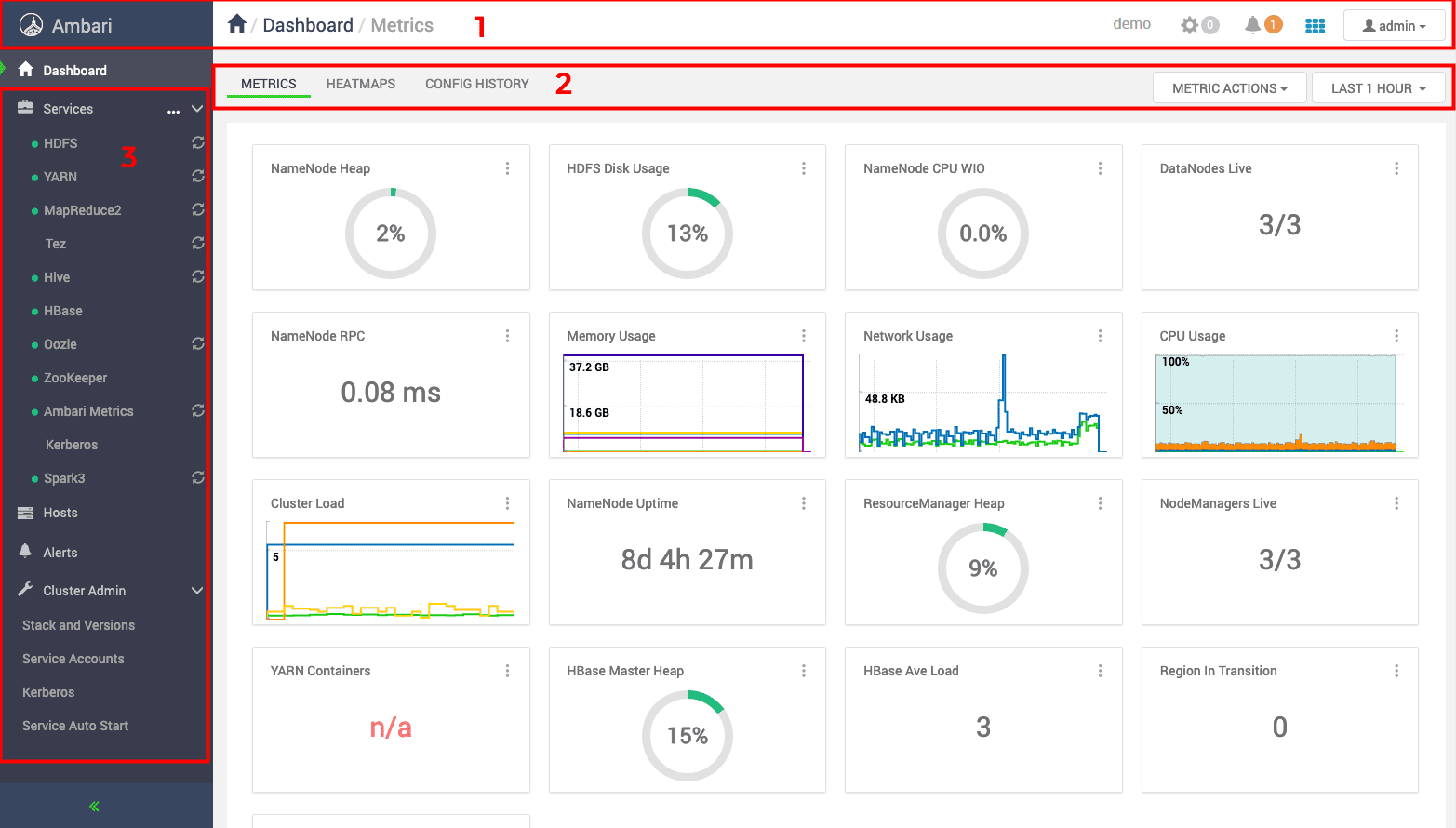CVE-2023-50378: Apache Ambari Stored Cross-Site Scripting Vulnerability

Apache Ambari simplifies the complexities of managing Hadoop clusters. Ironically, a recently disclosed vulnerability could transform it into an unexpected entry point for attackers. CVE-2023-50378, a stored cross-site scripting (XSS) flaw, presents a significant risk administrators need to address immediately.

What is Apache Ambari?
If you’re managing Hadoop clusters, chances are you know Ambari. This handy tool creates a user-friendly interface for managing the complex world of Hadoop – making deployment, monitoring, and maintenance considerably easier. It provides a web interface and powerful REST APIs to keep an eye on your cluster’s health.
Understanding the XSS Vulnerability
At its core, CVE-2023-50378 (severity: important) comes down to Ambari not properly filtering the data it receives. This oversight allows attackers to slip malicious code (usually in the form of JavaScript) into places where it shouldn’t be. Since Ambari stores this data, the malicious code gets executed whenever a legitimate user interacts with that compromised part of Ambari.
Nasty Consequences
XSS vulnerabilities might sound innocuous, but they’re far from it. When exploited, attackers can:
- Steal Sensitive Data: Hadoop clusters often handle a treasure trove of information. Attackers could gain access to this data.
- HiJack Sessions: Imagine an attacker stealing session cookies, allowing them to impersonate legitimate Ambari users with potentially powerful roles.
- Spread Mayhem: Injecting malware within your Hadoop network could be a stepping stone to a much larger attack.
The Solution: Upgrade ASAP!
Thankfully, the Apache team has already patched this vulnerability in Ambari version 2.7.8. The number one priority is to upgrade your Ambari installations as soon as possible.
Staying Vigilant: XSS Beyond Ambari
This incident acts as a reminder: input validation is critical! XSS vulnerabilities lurk in many web applications. To protect your systems:
- Regularly Update Software: Patches often address newly discovered security flaws.
- Educate Developers: Teach secure coding practices to those developing web applications to help prevent these flaws from occurring.
- Consider Web Application Firewalls (WAFs): For an extra layer of defense, WAFs can filter malicious traffic.





